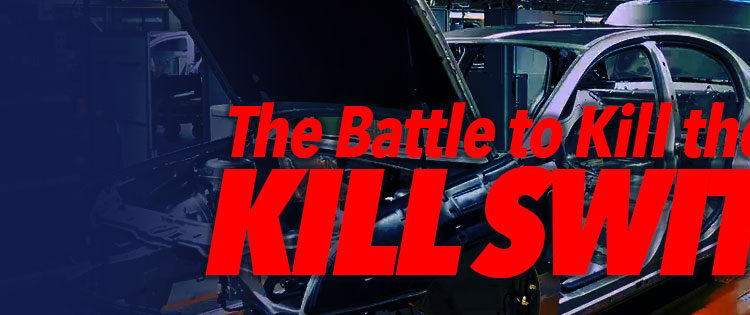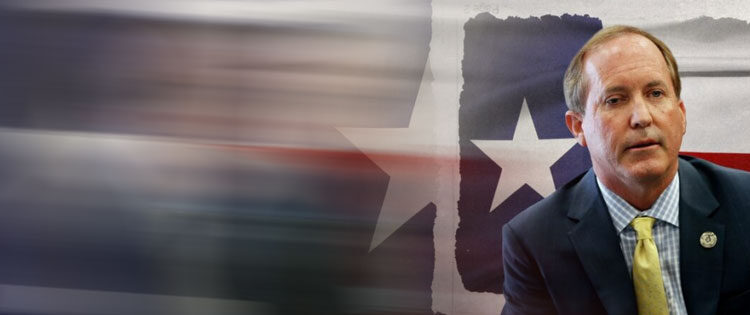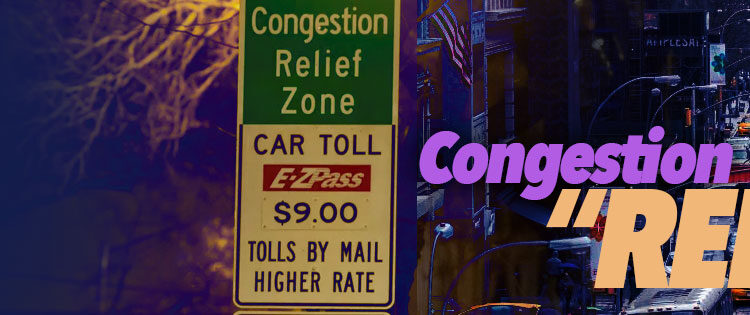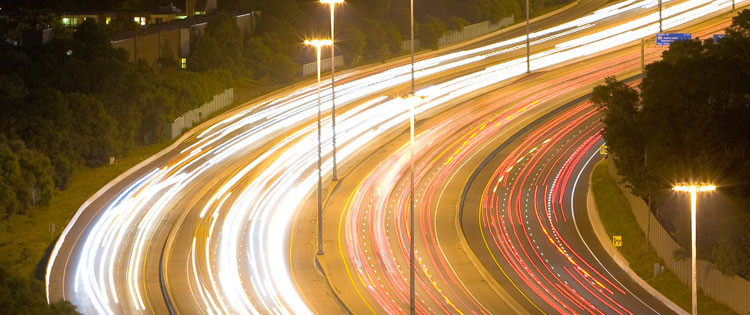We hope through the questions posed to Buttigieg through our letter authored by Rep. Scott Perry (R-PA, Chair of Freedom Caucus), we’ll get more details that will help us pull the plug on this dangerous technology being put into every American’s vehicle. This is where the Governor and our Texas legislature should step in to protect our travel liberties from the overreach of the long arm of big government. We’ll continue to step-up our efforts to educate more Texans and members to the threats this technology poses to our constitutional rights.
Background:
This is about protecting privacy, our constitutional right to NOT be illegally tracked by the government, and to prevent the weaponization of this technology against ALL Americans simply for owning a car.
Rather than having the driver perform a breathalyzer test, section 24220 calls for technology which can “passively monitor the performance of a driver.” This so-called “passive” technology functions automatically, likely through AI technology or internal cameras, to monitor drivers while they operate their own motor vehicle. With advanced impaired driving technology comes the ability to track a vehicle’s location. Therefore, this would likely result in warrantless tracking by the government. A vehicle kill switch mandate is also rife with potential for abuse, both by government and corporate actors.
More media coverage…
In The Federalist here.
Glenn Beck‘s Podcast here.
On Laura Ingraham‘s Show here.
On MSN here.













